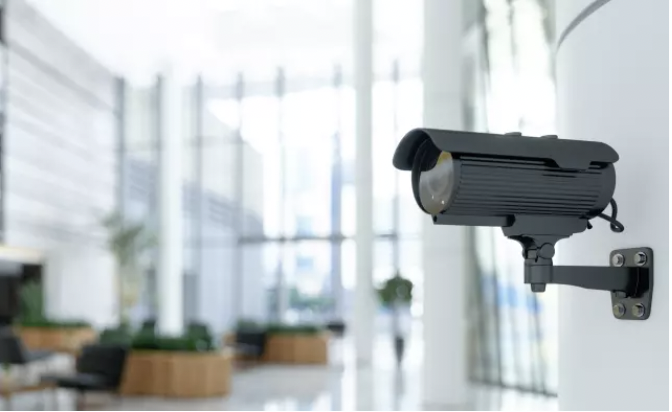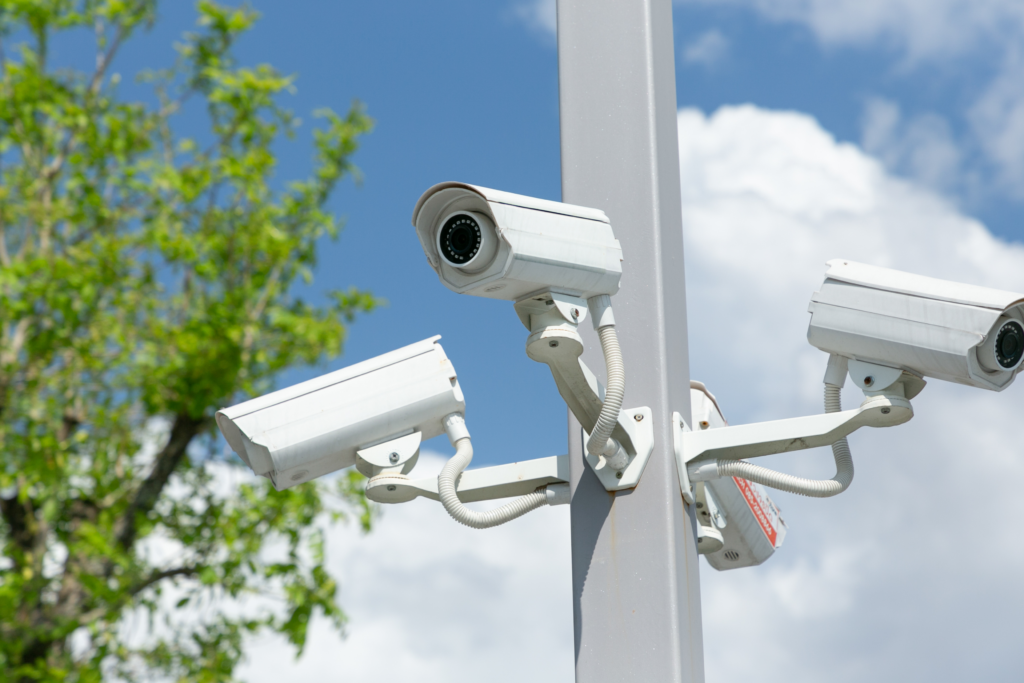Safety and Preparedness are Good Investments
An emergency business preparedness plan will help protect employees, inventory, data and property in the case of an emergency or natural disaster. Having a plan in place is always the best practice so that you and your staff are prepared for the worst. Having a plan insures not only the security of your business but your staff’s health and safety.
The Plan
If you currently have a business preparedness plan, it’s important to make sure that the protocols, procedures and contact information is up to date and accurate. If there is not one in place, use the following questions to begin the planning process:
- Are our facilities or security team prepared to respond to emergencies?
- If our current location isn’t accessible, can our business continue to operate?
- Do our employees know what to do in case of an emergency?
A preparedness manual should include:
- Evacuation plans
- Communication procedures
- Back up work locations
- Possible supplies
- Necessary equipment
- Contact information of local authorities
List which man-made or natural disasters may harm your area and business. Plan for a worst-case scenario. Thinking that your business won’t be affected is wishful thinking and can create holes in your preparedness plan.
Review Your Plan Often
- Review your insurance policies to ensure that your listed possible disasters are covered. Know What is in Your Plan
- Prepare everyone involved by practicing your plan. Conduct drills and mock evacuations often, as employees change. Also, review your preparedness plan regularly, filling any gaps you may have missed.
- Allow for disruptions in internet and telephone communication as part of your plan.
- Each employee should be given a preparedness guide. The guide should include contact info of all staff, evacuation plans and contingency plans in case employees cannot enter the building.
- Keep a stock of emergency supplies in case employees are confined to your site for a long period of time. Supplies should contain three days-worth of food and water, flashlights with an extra supply of batteries, first aid kit and blankets.
Disasters can happen. Your emergency business preparedness plan may never be needed but life happens fast. It’s always better to be overprepared than under.













